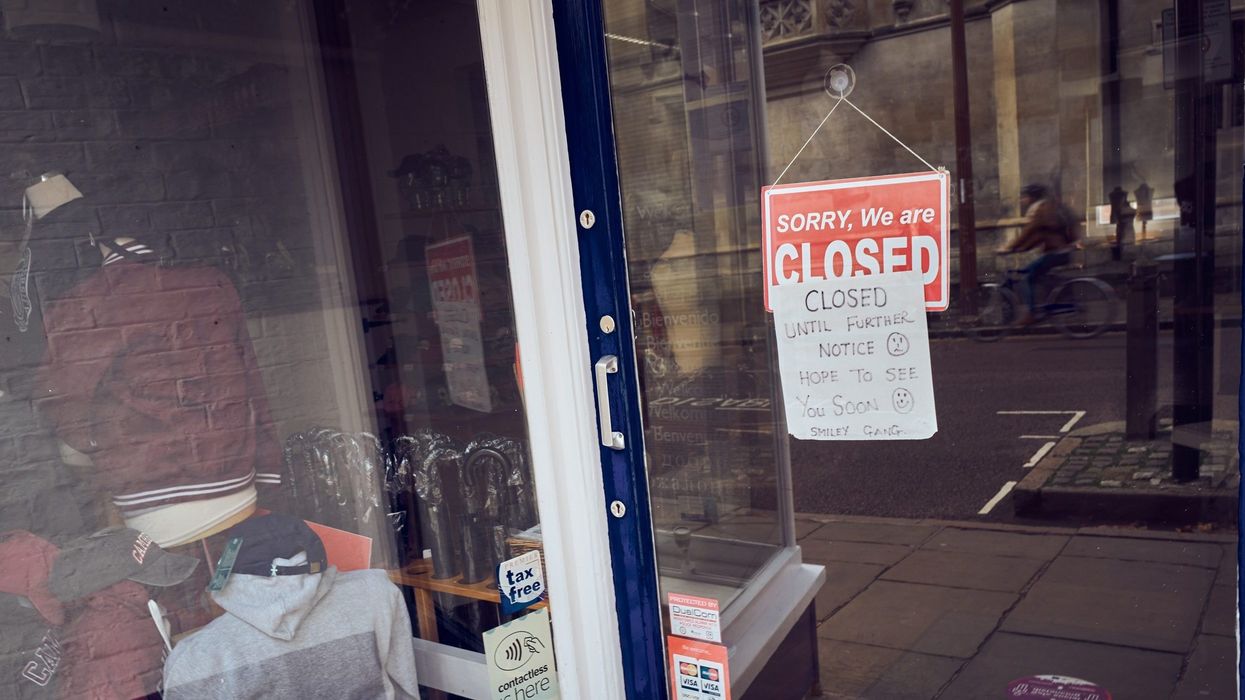Findings call for more attention to rural pharmacy as only 8 opened in 2023 across the UK
The Department of Health and Social Care (DHSC) in recent response to the questions asked by members of the House of Lords addressed the concerning trend of pharmacy closures in rural areas across the UK.
Led by The Bishop of St Albans, inquiries focused on the number of community pharmacies that had ceased operations over the past five years and the ongoing financial challenges faced by those remaining in rural regions.
Lord Markham, the Parliamentary Under-Secretary for Health and Social Care, provided insights into the stark reality confronting rural communities.
Highlighting data as per Guide to applying the Rural Urban Classification to data (2019-2023) Markham illustrated the significant closure rates of rural pharmacies compared to the limited number of new openings between 2019 and 2023.
The figures revealed a fluctuating trend over the past five years, indicating a dynamic landscape within rural pharmacy provision.
In 2019, 13 rural pharmacies closed their doors, while only three new ones emerged while the following year only 1 pharmacy opened while six more closed.
Similarly, in 2020, 2022, and 2023, closures outnumbered openings, highlighting the challenges faced by rural communities in accessing essential pharmaceutical services.
However, amidst these closures, there were instances of resilience, with eight rural pharmacies opening in 2021 and 2023, providing a glimmer of hope for sustaining healthcare accessibility in rural areas.
Lord Markham underscored the crucial role of community pharmacies as private entities contracted to deliver essential National Health Service pharmaceutical services.
While acknowledging the responsibility of the Secretary of State for Health and Social Care in ensuring medication accessibility, Lord Markham outlined the Department's proactive approach in closely monitoring market changes and providing support to pharmacies in underserved rural areas.
"The Secretary of State for Health and Social Care is responsible for ensuring that patients can access medicines, and the Department is monitoring changes to the market closely," he said.
According to the latest report by the Company Chemists’ Association (CCA) England has experienced a net loss of 1,180 pharmacies since 2015, attributed to a 30 per cent reduction in core funding for community pharmacy in real terms.
The country saw a record loss of 432 pharmacies in FY 2023/23, an average of more than 8 pharmacies closing per week.
Furthermore, in response to queries regarding the financial sustainability of rural pharmacies, Lord Markham highlighted the Pharmacy Access Scheme, designed to offer financial assistance to pharmacies operating in areas with limited access.
He further detailed the process by which local authorities conduct pharmaceutical needs assessments every three years, informing service commissioning decisions made by integrated care boards.
Despite the challenges posed by pharmacy closures, Lord Markham assured that patients in rural areas retain access to pharmaceutical services through alternative avenues, such as distance-selling pharmacies offering free medication delivery.
Additionally, he noted that in certain rural regions, doctors are authorised to dispense medicines, providing a buffer against the adverse effects of pharmacy closures on patient care.












